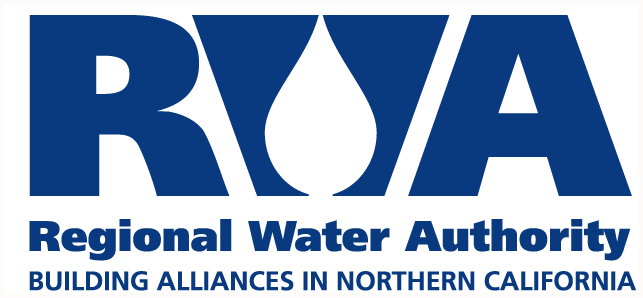Manola Secaira, Environment Reporter, Cap Radio
Friday, January 28, 2022 | Sacramento, CA
Last year saw one record-breaking weather event after another, from intense drought to torrential rain. December was no different, ending 2021 with a reported 214 inches of snow at the University of California’s Berkeley Central Sierra Snow Lab, located an hour east of Sacramento.
While this intense snowfall — which made last month the snowiest December on record — is a bright spot, researchers see dramatic shifts like this one as part of a larger trend: climate change. It’s a rising dilemma that has forced researchers and water agencies alike to adapt their planning and expectations.
Andrew Schwartz, lead scientist at the snow lab, has witnessed this at work: When comparing minimum temperatures recorded by the lab in Octobers over the last 50 years, he’s seen these minimums rise from below zero to above zero.
Amid this warming, Schwartz says that the amount of precipitation the state gets has stayed consistent. What’s changing is the form that it takes.
“It looks like we’re transitioning to more of a rain up here on the summit,” he said.
This warming has a ripple effect, impacting future weather patterns. While storms in the form of atmospheric rivers — like the one that brought downpours to the Sacramento region in late October — aren’t unusual for the West Coast, their severity could increase.
“All of these additional atmospheric rivers that we’re going to see in the future will likely be holding more water,” Schwartz said. “And so, we can see more and more of these records broken, and we can potentially see more and more flooding if it comes down as rain instead of snow.”
“Even hitting average, you know, that doesn’t bring us out of the drought,” said Schwartz. “We would have to hit above average so that the additional water can relieve the drought that we’ve already been experiencing for several years.”
The dramatic shifts in weather have presented a new challenge for local water agencies. Ryan Ojakian, legislative and regulatory affairs manager for the Sacramento Regional Water Authority (RWA), says that now they’re having to plan around uncertainty. It’s a task that requires having water sources that are rock solid.
“What I would say is the drought is not over until we put in place the infrastructure that we need to adapt to our changing climate,” Ojakian said.
Continue reading the full article here.
Learn more about Water Future here.


